The Microhabitat Accelerator℠
Catalyst Grants
Helping microhabitat programs invent, test and share better practices.
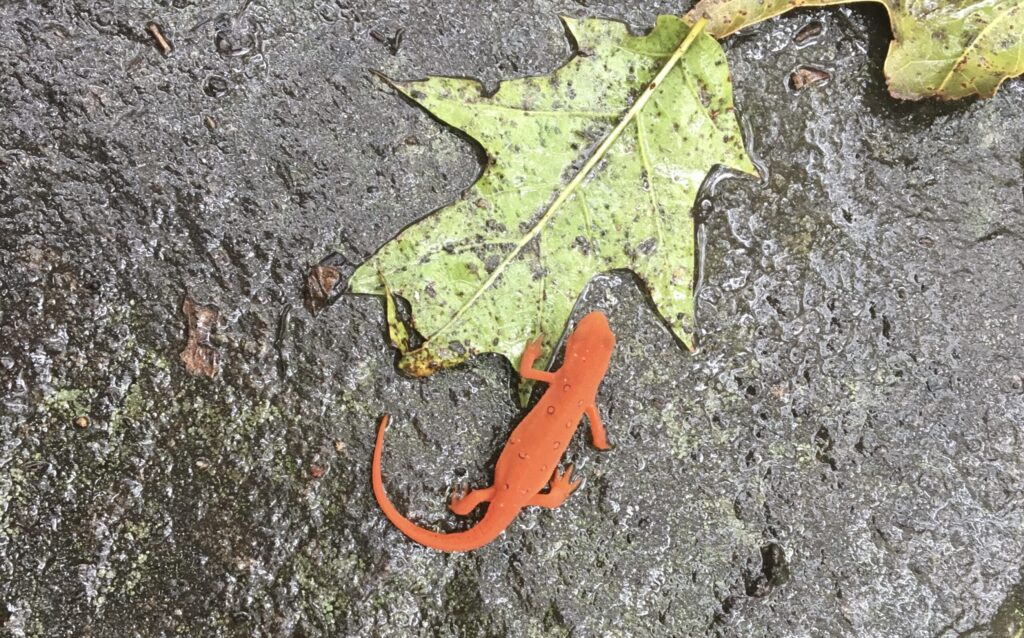
Community-based microhabitat programs have long been hubs of ingenuity and innovation. The Catalyst Grant aims to help them invent, test, and share better practices to propel their collective scale and impact. Launched in 2024, the Catalyst Grant is open exclusively to those in the Practitioners Circle.
The 2024 Grant Round: The priorities for the 2024 grant round (now closed) were to increase equity and lower barriers for all programs. Eight projects were selected, with approximately $173,500 committed. Each of these projects will bolster new, emerging, and established programs in a variety of ways. Learning materials generated through these grants will be made available through our open-access Resource Center.
Following are the projects that are being funded through the 2024 Catalyst Grant round.
Empowering the landscape-contractor community

Sustainable Landscapes: Demonstration, Data and Outreach
Microhabitat Program: Lands in Harmony
Organization: Openlands
Project description: The landscape contractor community is the “trusted front line” for suburban homeowners when it comes to landscaping choices and practices. They are also often the residents of nearby, underserved communities. This project aims to empower the landscape contractor community with data and practical knowledge so they can increase their use of ecologically beneficial services. Designed in response to an extensive listening tour of the landscape contracting industry, this Openlands project gathers long-term economic and practical data to objectively demonstrate the costs and benefits of sustainable yard maintenance. The grant contributes to the planning and design of 4 residential-scale, demonstration, microhabitat gardens in a high-visibility village center in Lake County, IL. It also includes a data-gathering and data-sharing plan for what it takes to implement 7 sustainable landscaping practices such as native plant selection and design, irrigation, leaf management, irrigation and permeable hardscaping.
An interconnected suburban microhabitat

Bexley Habitat Triangle
Microhabitat program: Love Your Alley
Microhabitat Program: Green Bexley
Project description: This project brings together 35 abutting backyards to create an interconnected habitat triangle in southwest Bexley, a mixed-income residential area and the focus of revitalization and reinvestment efforts. We believe this is a ground-breaking effort by a volunteer-led program to move from the scale of individual yards and alleys to the scale of an entire, mixed neighborhood. Residents will be assisted with the removal of invasives and provided with individualized native plant designs and starter kits, garden installation assistance, educational opportunities, and ongoing support. As a result of the deep community connections of the Love Your Alley program, this project will be significantly bolstered by a host of new volunteers as well as subsidized and donated resources.
A toolkit to jump start more bird-friendly yard habitat programs
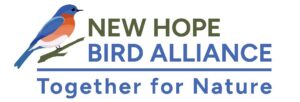
Developing a Bird-Friendly Residential Certification Program Toolkit
Microhabitat Program: Bird Friendly Habitat (BFH)
Organization: New Hope Bird Alliance
Project description: BFH is an all-volunteer-run microhabitat program that has mentored and incubated other programs. This project will synthesize and codify BFH’s knowledge into a comprehensive toolkit containing templates, sample reports, job descriptions, partnership strategies, and other resources so that BFH and others can easily mentor and initiate many more programs, and make it easier for organizations, especially volunteer-run entities, to create microhabitat programs from scratch.
From one meadow to 40 micro-meadows in an urban community

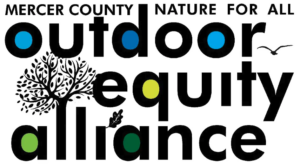
Urban Microhabitat—Promoting Community Connection through Native Wildflower Gardens
Microhabitat Program: Residential Community Conservation
Organization: Friends of Hopewell Valley Open Space
Project description: Submitted by the Friends of Hopewell Valley Open Space land trust (home of the Residential Community Conservation microhabitat program), in partnership with the Outdoor Equity Alliance of Trenton, New Jersey, this project has two key components; (1) It will create a 1.5 acre native meadow on an underutilized and flood-prone site in Trenton. (2) The meadow will kick-start 40 more micro-meadows on neighboring residential yards, in an underserved area. Collectively the project will mitigate stormwater flooding and increase access to nature while providing workforce development through a local youth training program. The project will also include monitoring of biodiversity metrics to gauge ecological impact. A replicable model for other underserved urban areas, this project scales up to the neighborhood level, while also engaging youth and providing opportunities for the next generation of leaders.
Celebrating urban culture and community, restoring a culture of stewardship

Seed to Community Urban Restoration Model
Microhabitat Program: MiniNature Reserve
Organization: MiniNature Reserve
Project description: Situated as it is within the fastest warming county in the continental US, and the most disadvantaged city in the area, MiniNature Reserve seeks to address environmental issues and inequity of access to environmental knowledge in Oxnard, Ventura County, CA. This regenerative microhabitat project will engage and empower community members in the seed-to-plant cycle of growing, planting, tending, harvesting, using, sharing and saving seed. The project will employ a variety of means—multilingual outreach, environmental education, celebration of indigenous traditions, installation of microhabitats in neglected public spaces, and more—to build community around a culture of stewardship. It will test and document this experience to create a model and toolkit to share with other grassroots organizations with similar goals.
Improving efficiency to increase impact
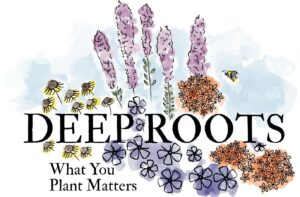
Expanding urban habitats through improved efficiency
Microhabitat Program: Nature Advisors
Organization: Deep Roots, KC
Project description: Coordinating microhabitat site visits is a hugely time-consuming and resource-intensive activity for many programs. Realizing efficiencies here will allow programs to, literally, cover more ground. Via this project, Deep Roots will research, select, and test an app or some other technological solution to make the scheduling of site visits more efficient. The aim is to reduce the amount of time spent scheduling visits and coordinating among volunteers, program staff and program participants (or prospective participants) thus increasing the number of visits conducted over time. The project will also invite other programs to test the utility of this tool and share results with the wider community of practice.
Proliferating support for the native plant movement through new partnerships
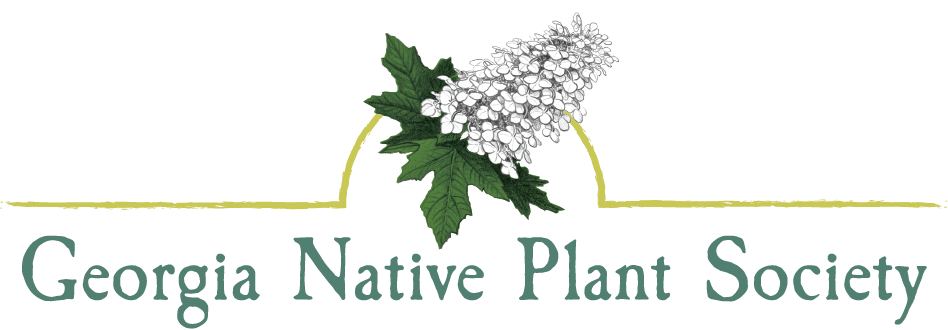
Broadening Community Beautification: How to Get Started with Native Plant Habitats
Microhabitat program: Native Plant Habitat Certification
Organization: Georgia Native Plant Society (GNPS)
Project description: To achieve a wider impact, microhabitat programs must figure out how to spread their message far beyond the choir. For small organizations in particular, partnerships are one way to go. With this project, GNPS will test a model for collaborating with a new partner—the Keep Georgia Beautiful Foundation (KGBF), a subsidiary of the national Keep America Beautiful organization—to spread knowledge and understanding about native plants and microhabitats far beyond its own membership and constituents. Five local GNPS chapters in a diverse group of communities will partner with their KGBF affiliates to develop, deliver and test a package of tools—presentations, native plant habitat resource toolkits, media toolkits, etc.— that are customizable to each setting. With some 70 affiliates in Georgia and over 700 across the US, there is potential for replicating this partnership model with Keep America Beautiful throughout the state and beyond, in a diverse range of settings.
A model for sustainable, school-based, microhabitat programs
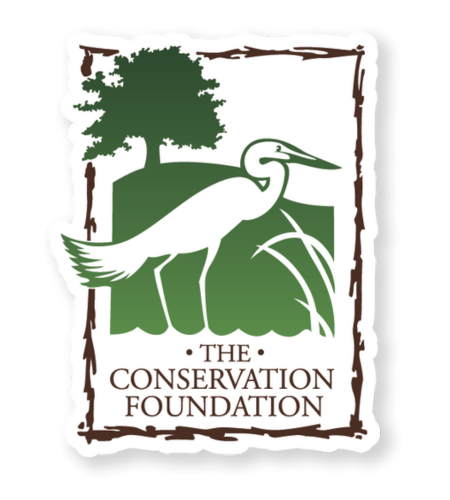
Conservation@School Pilot Program
Microhabitat program: Conservation@Home
Organization: The Conservation Foundation
Project description: This pilot draws on The Conservation Foundation’s 25-year experience implementing microhabitats in residential and commercial spaces through its Conservation@Home and Conservation@Work programs. The project will test a model for local schools in under-resourced communities to create and sustain their own microhabitats. To promote the longevity of these school-based efforts, the pilot will include teacher-training workshops, on-site consultations, curriculum aids, templated garden toolkits and designs, and Conservation@School signage that will educate the broader community long-term.
Visit this page to find out more about the Microhabitat Accelerator, the Practitioners Circle, and our Grant Program.
If you are interested in learning more, get in touch.

